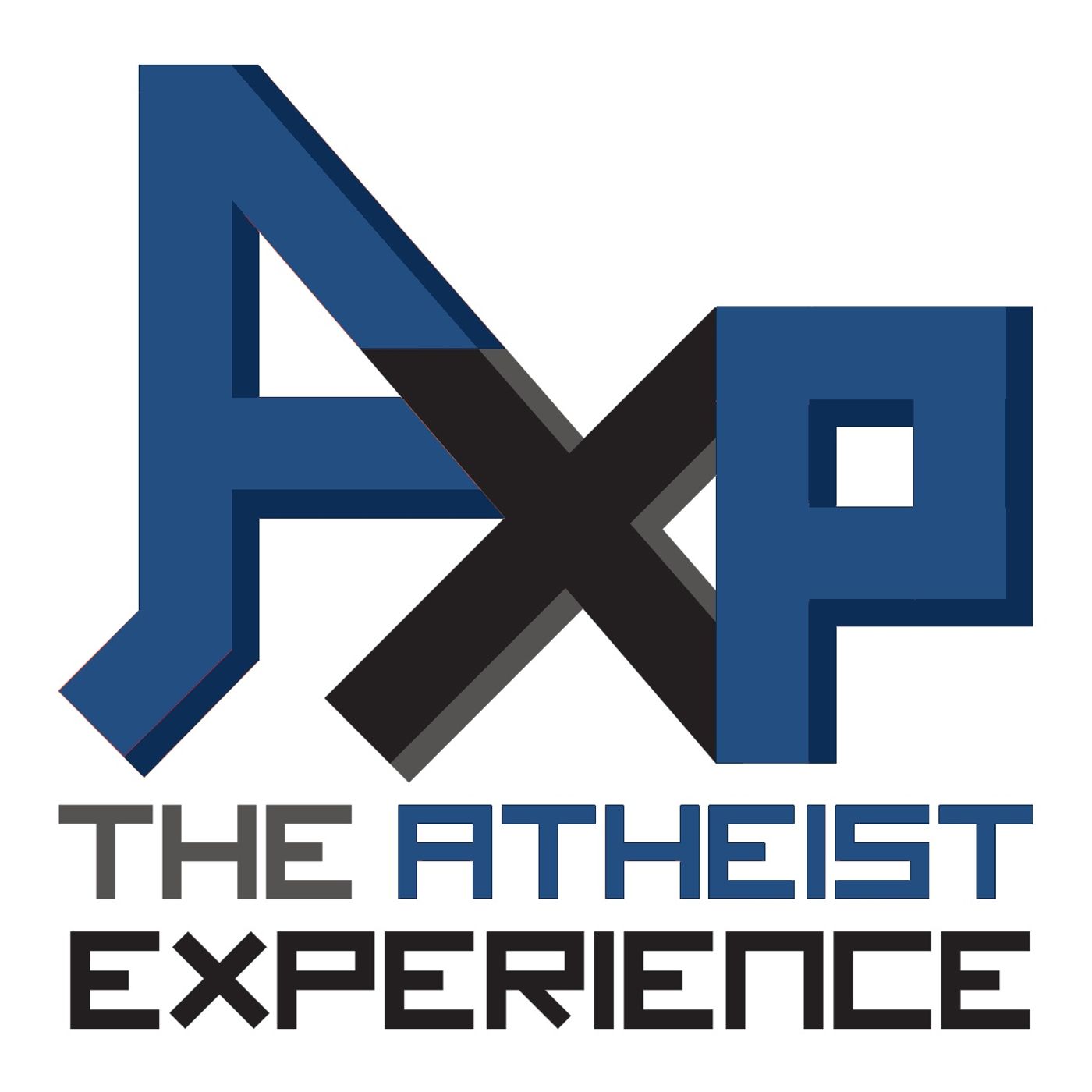Podcast Episode Details
Back to Podcast Episodes
The Atheist Experience 29.37 with Justin and Jim Barrow
Season 29 Episode 37
In today’s Atheist Experience, Justin and Jim Barrows dissect the flimsy foundations of faith, critique the peculiar "design" of the human body, and explore the logical leaps required to uphold belief in the face of scientific understanding. They challenge callers on everything from deconstruction guilt and family relationships to questionable links between Kabbalah and quantum physics.
Mary Cate in NC is working through deconstruction and feels guilty, missing her religious community. The hosts suggest building new secular communities and emphasize that maintaining family relationships without endorsing beliefs is not dishonest. What steps can one take to navigate these complex social dynamics?
Ben in KS, an agnostic, questions if science’s inability to explain "spirituality" or deeper layers of existence leaves room for God, citing particle-wave duality. Hosts challenge him to define which God and argue that naturalistic explanations, supported by Occam's Razor, remain the most coherent approach. If a God is added, how does one explain that God's grounding?
Daisy in WA asks if dogmatic religions can be disproven, unlike deism. Justin and Jim provide numerous examples of internal contradictions within the Bible and the Quran, highlighting scientific errors and failed prophecies. How do these internal inconsistencies challenge the claims of divine inspiration?
Hannah claims that modern physics, specifically the concept of ten dimensions and the Heisenberg Uncertainty Principle, provides evidence for Kabbalah and an unknowable Godhead. The hosts dismiss these as coincidental numerical matches and misrepresentations of scientific principles without testable evidence. Why do such parallels, without supporting evidence, often amount to pareidolia?
Benji, a theist, discusses the point of converting atheists if worship is subjective and brings up the "terra fallacy" regarding insufficient evidence. The hosts clarify the distinction between belief and worship, stating that objective evidence of God's existence would be compelling, unlike failed prophecies. What kind of evidence would be universally convincing for existence, but not necessarily for worship?
Jim in MO asks if free will truly exists with an omniscient, omnipotent God. Justin and Jim explain that while omniscience alone doesn't negate free will, combining it with omnipotence creates a problem of predetermination and the problem of evil. Does God's ultimate power mean our choices are merely part of a divine plan?
Thank you for joining us this week! We will see you next time!
Become a supporter of this podcast: https://www.spreaker.com/podcast/the-atheist-experience--3254896/support.
Published on 3 months, 2 weeks ago